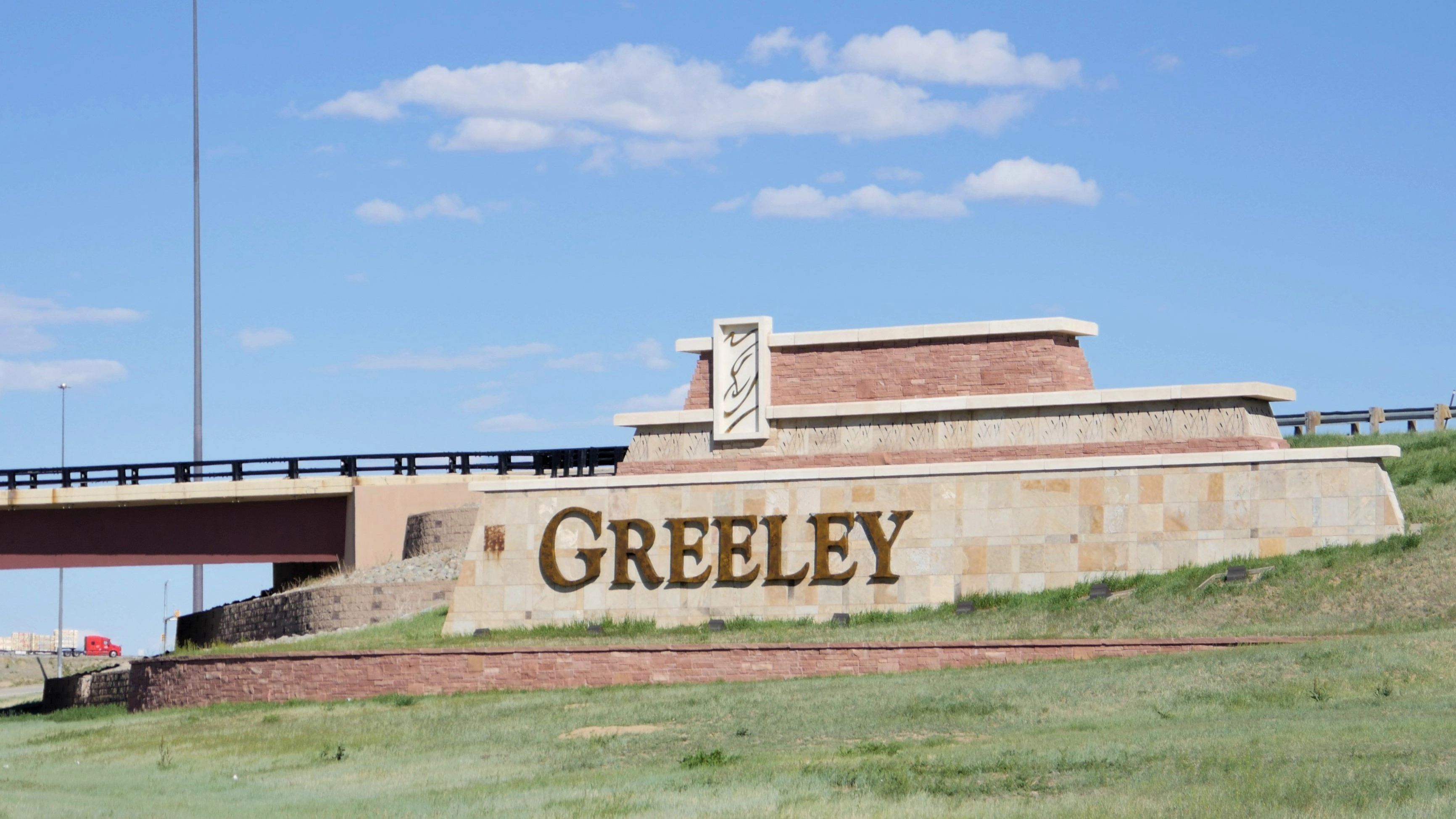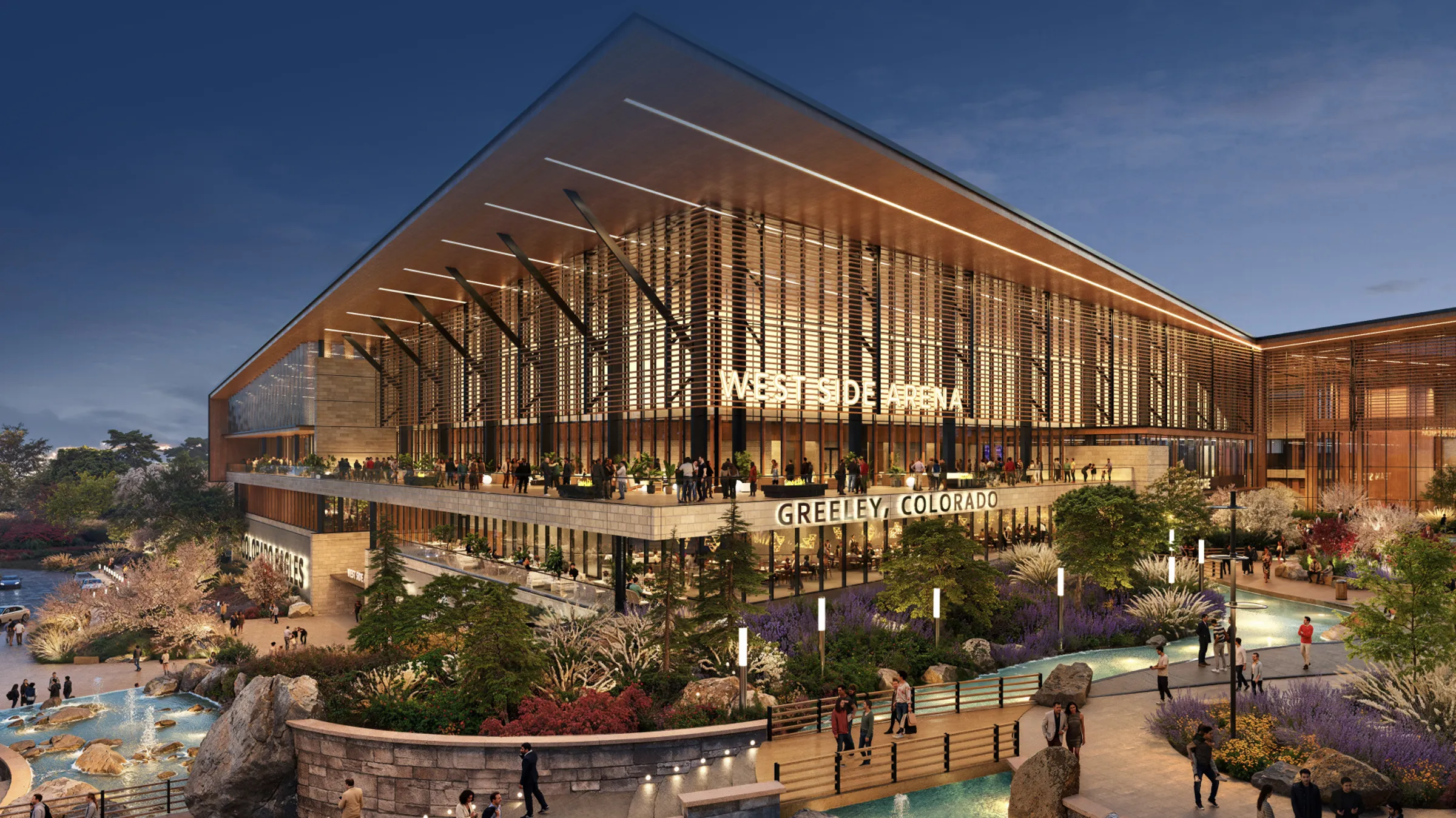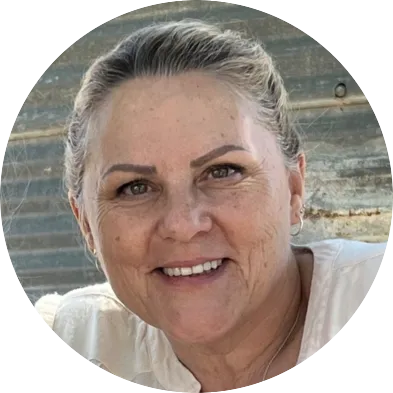Greeley Council approves 8 metro districts for Union Colony West Subdivision

Developers of the planned Union Colony West subdivision in west Greeley now have the approvals to cover the infrastructure costs that will allow them to bring 1,200 new residential units to town.
THIS ARTICLE IS FOR SUBSCRIBERS ONLY
Continue reading for less than $3 per week!
Get a month of award-winning local business news, trends and insights
Access award-winning content today!
Already have a paid subscription?
Sign in with GoogleSign in with Google





